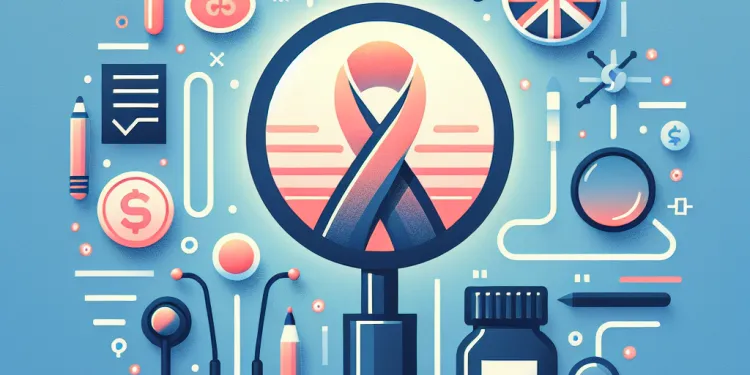
Find Help
More Items From Ergsy search
-
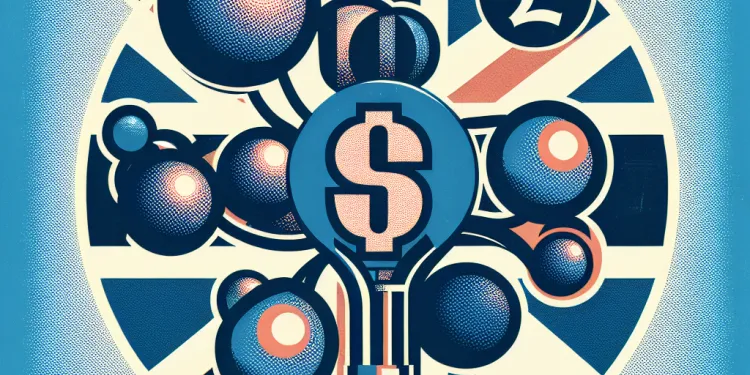
What types of treatments are available for testicular cancer?
Relevance: 100%
-

Can testicular cancer recur after treatment?
Relevance: 98%
-
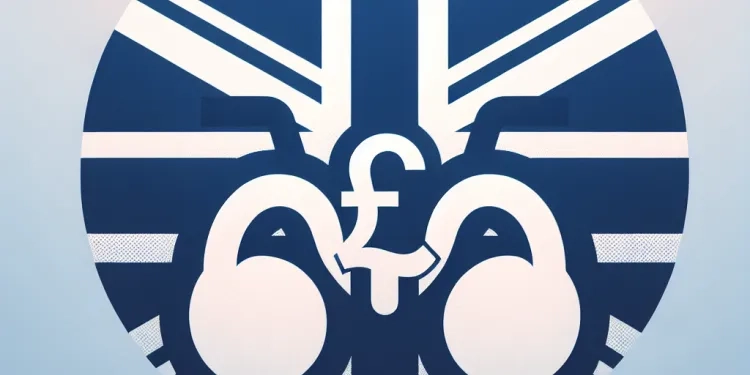
What is testicular cancer?
Relevance: 95%
-
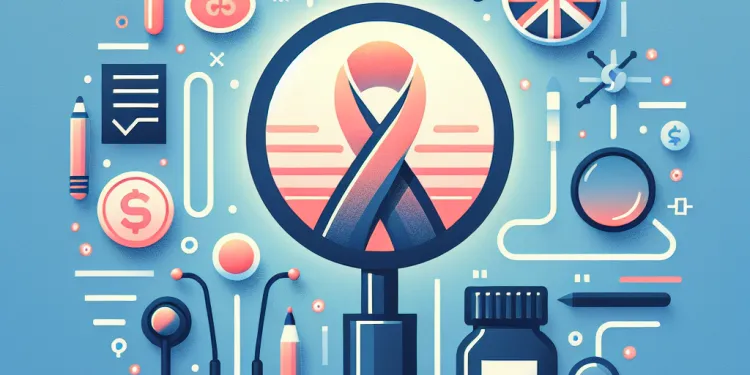
Is testicular cancer treatable?
Relevance: 94%
-
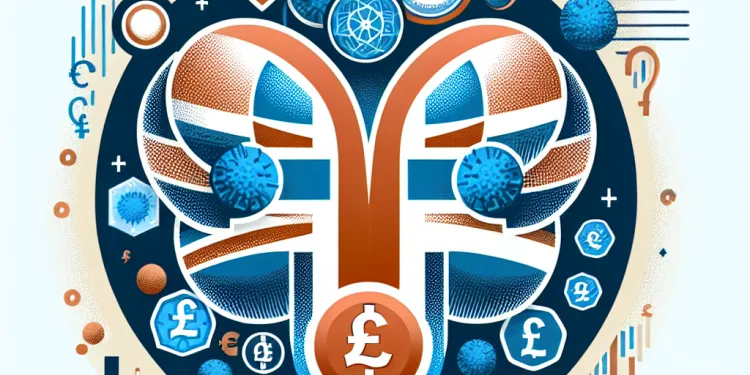
What is testicular cancer?
Relevance: 94%
-
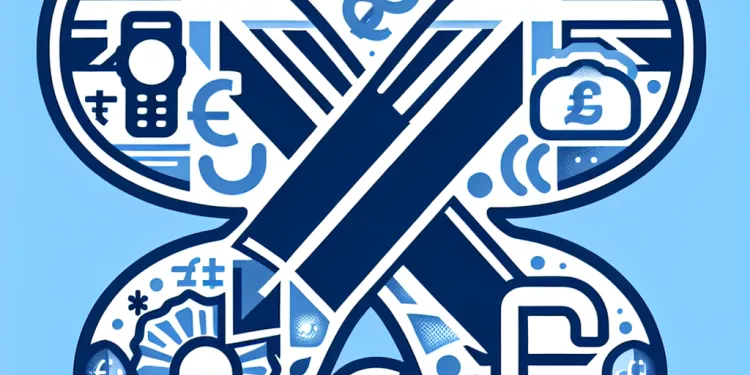
What is testicular cancer?
Relevance: 94%
-
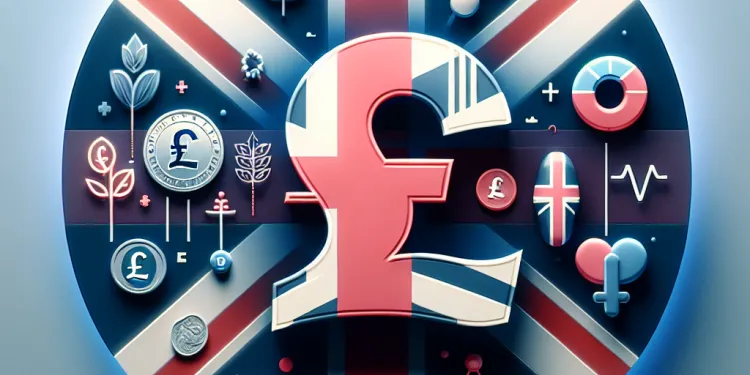
How common is testicular cancer?
Relevance: 90%
-
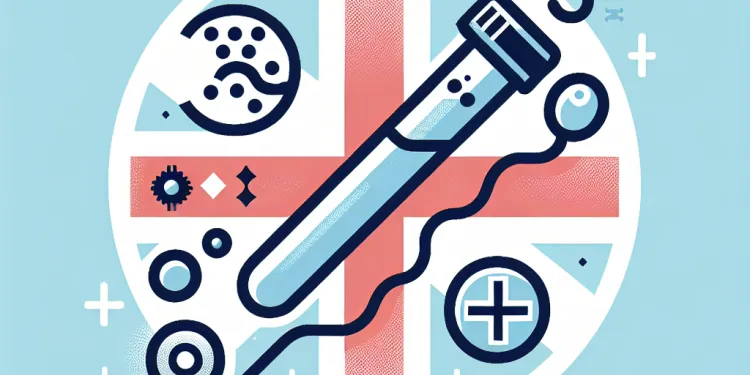
Is fertility affected by testicular cancer?
Relevance: 89%
-

What is the survival rate for testicular cancer?
Relevance: 88%
-
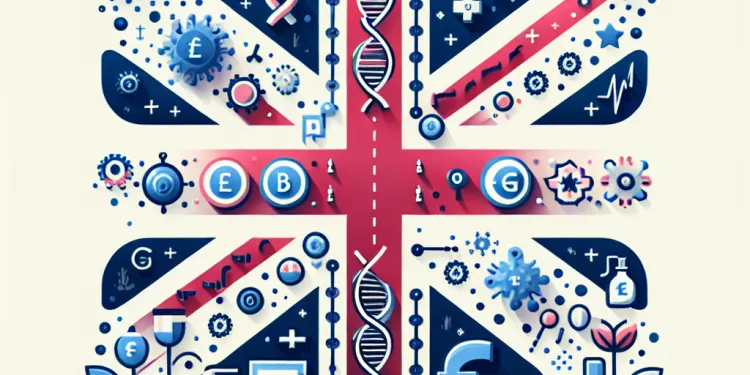
What are the stages of testicular cancer?
Relevance: 88%
-
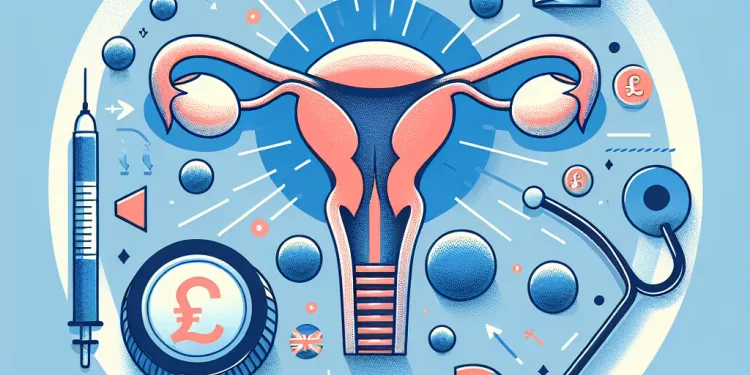
What are the symptoms of testicular cancer?
Relevance: 88%
-
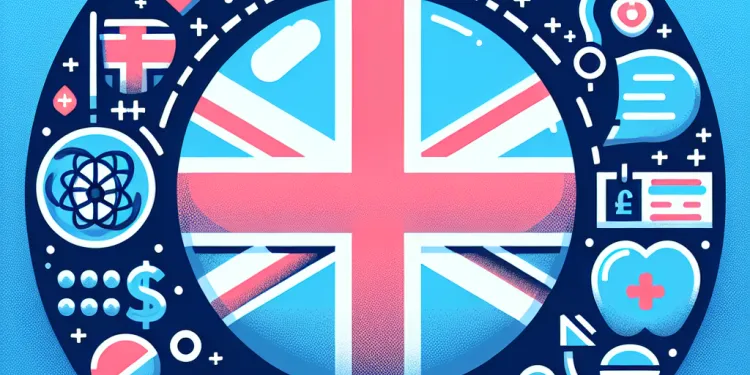
Who is at risk for testicular cancer?
Relevance: 87%
-
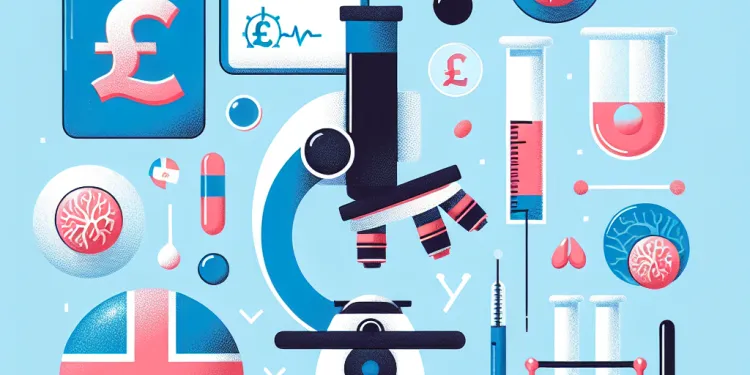
What causes testicular cancer?
Relevance: 87%
-
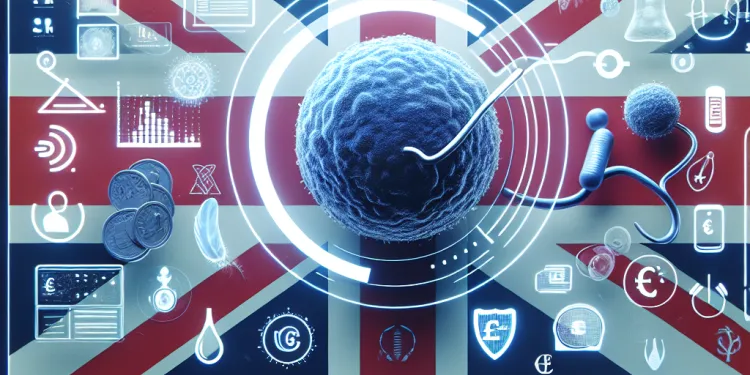
How is testicular cancer diagnosed?
Relevance: 87%
-

Can testicular cancer spread to other parts of the body?
Relevance: 84%
-

Are there support groups for those affected by testicular cancer?
Relevance: 83%
-
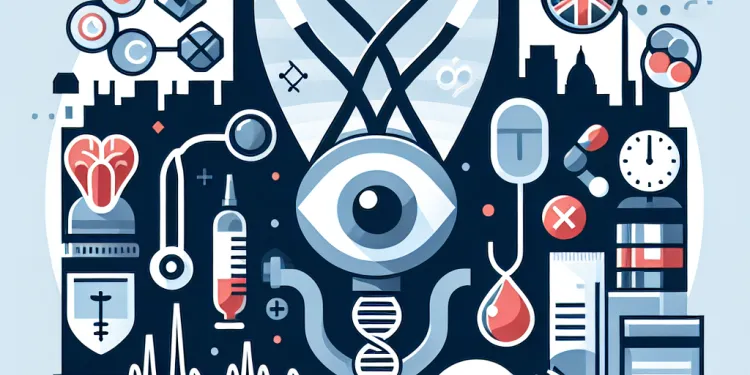
What role do tumor markers play in testicular cancer?
Relevance: 81%
-

Can lifestyle changes help prevent testicular cancer?
Relevance: 78%
-
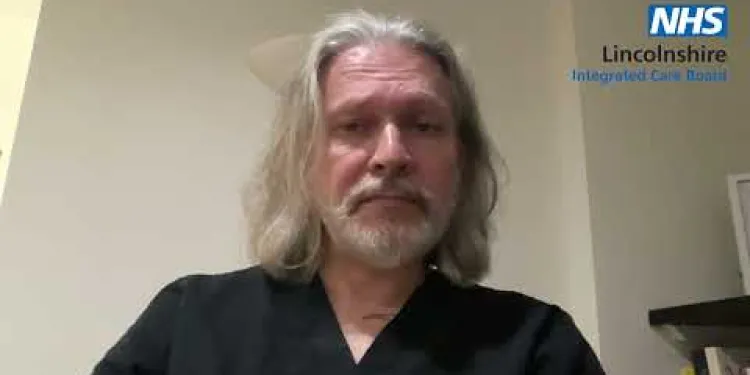
Getting to know your Testicles: Testicular Cancer Awareness with Dr James Howarth, Spilsby Surgery
Relevance: 76%
-

How can I perform a testicular self-exam?
Relevance: 61%
-

When should I see a doctor about potential testicular cancer?
Relevance: 54%
-
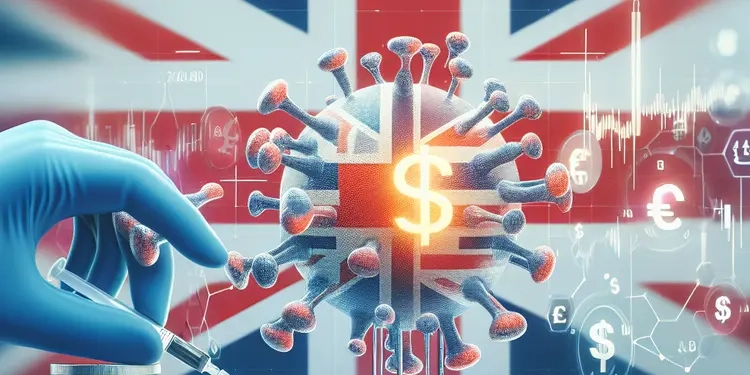
What is Paillon treatment for cancer?
Relevance: 52%
-
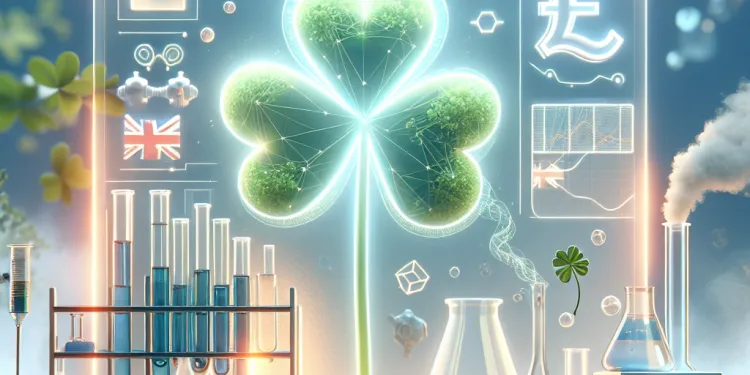
Breakthrough in Cancer Treatment Offers Hope for Prostate Cancer Patients
Relevance: 50%
-
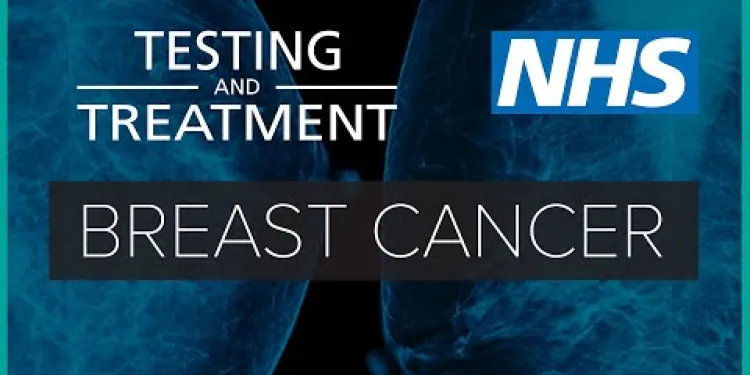
Breast cancer: testing and treatment | NHS
Relevance: 49%
-
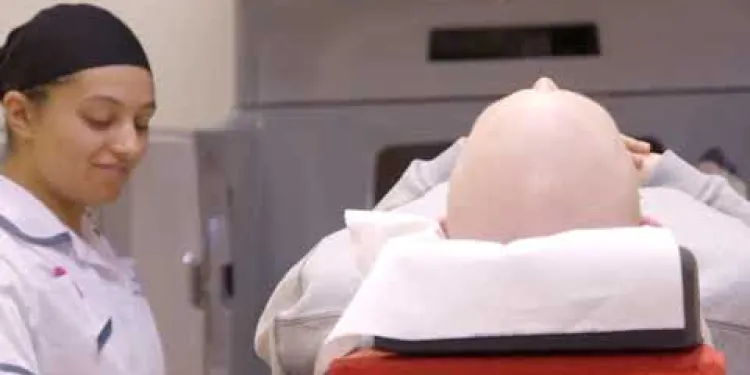
What is Radiotherapy, and its use in treatment for cancers?
Relevance: 49%
-
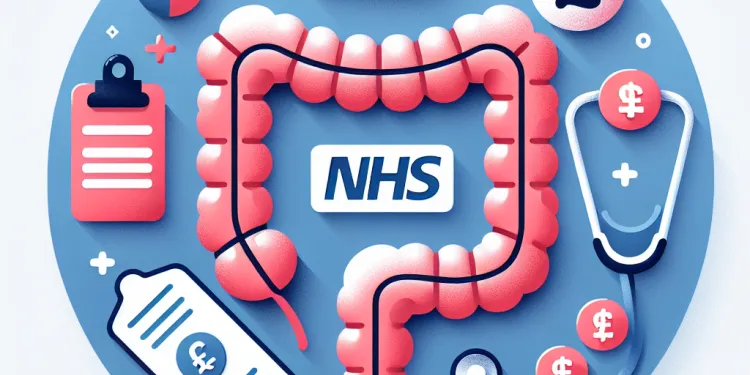
What treatment options are available for bowel cancer?
Relevance: 49%
-

What is the role of immunotherapy in prostate cancer treatment?
Relevance: 49%
-

Can children with cancer receive Paillon treatment?
Relevance: 48%
-

Can prostate cancer recur after treatment?
Relevance: 48%
-
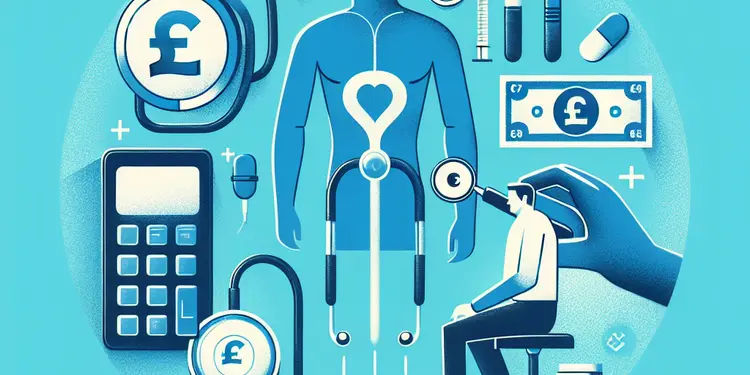
Are there clinical trials available for prostate cancer treatment?
Relevance: 48%
-
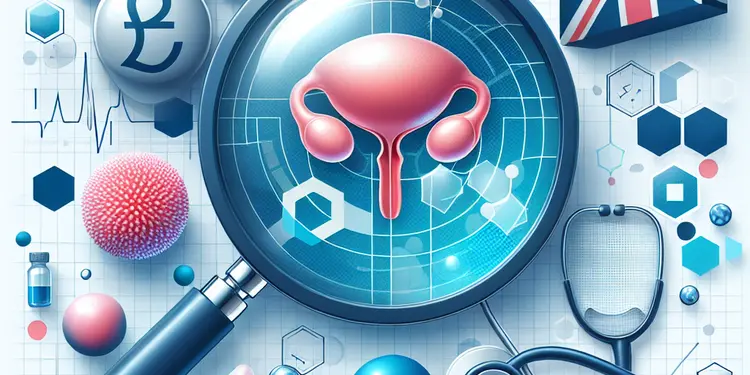
What is active surveillance in prostate cancer treatment?
Relevance: 47%
-

What factors determine the treatment plan for prostate cancer?
Relevance: 47%
-
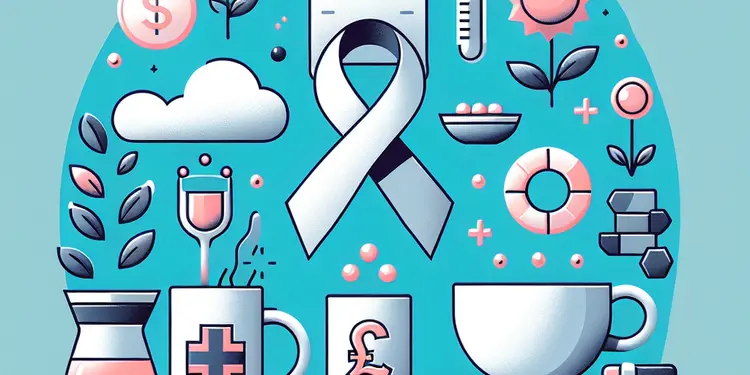
How does Abiraterone work in cancer treatment?
Relevance: 47%
-
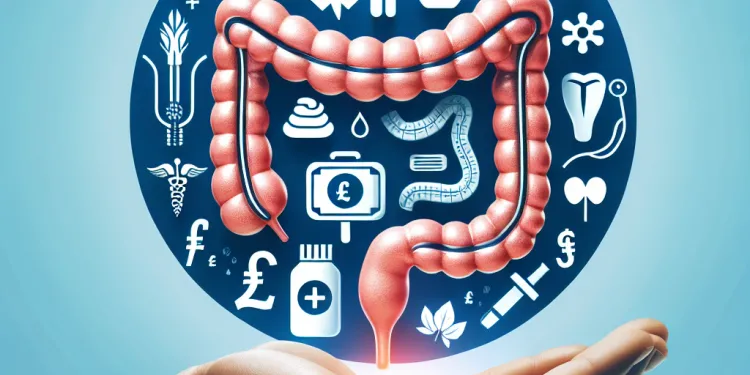
What are the side effects of bowel cancer treatment?
Relevance: 47%
-

Can lifestyle changes complement prostate cancer treatment?
Relevance: 47%
-
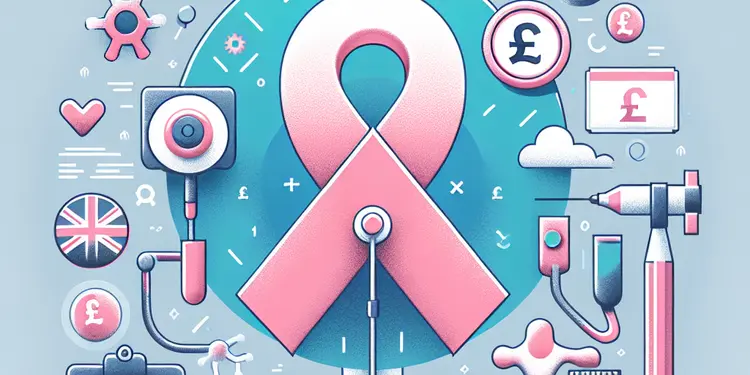
Does Paillon treatment treat all types of cancer?
Relevance: 47%
-
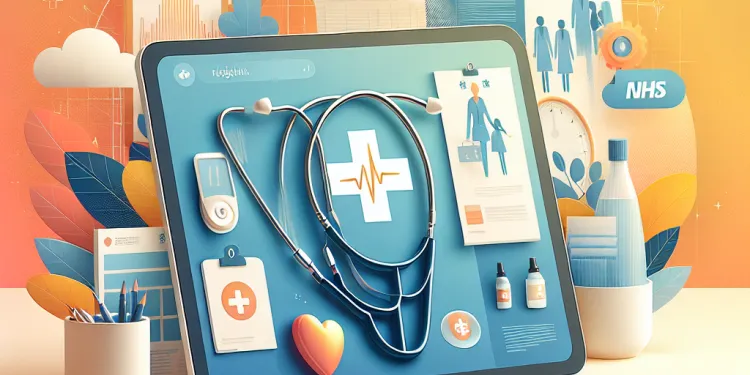
Breakthrough Cancer Treatment Shows Promise for NHS Patients
Relevance: 46%
-

What is the purpose of a bone scan in prostate cancer treatment?
Relevance: 46%
-
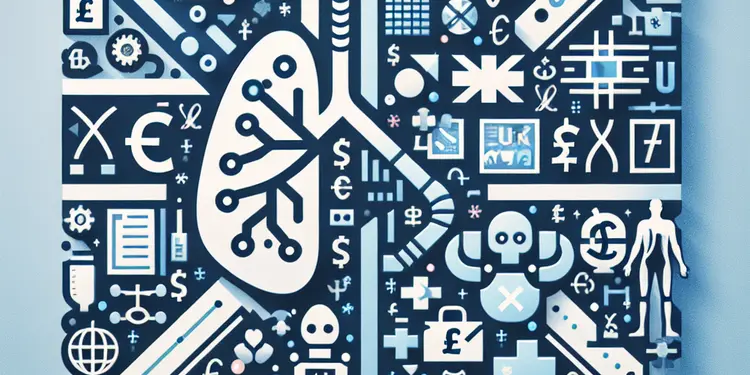
What is the future of AI and robotics in lung cancer detection and treatment?
Relevance: 45%
-

Where can I find online resources for prostate cancer treatments on the NHS?
Relevance: 44%
Overview of Testicular Cancer
Testicular cancer is a condition where malignant cells develop in one or both testicles, which are part of the male reproductive system. It is the most common cancer in young men aged 15 to 49 years in the UK. The two primary types of testicular cancer are seminomas and non-seminomas, which grow and spread differently.
Treatability of Testicular Cancer
Testicular cancer is highly treatable, especially when detected early. The treatment success rate is among the highest for all cancers, with more than 98% of men surviving for at least five years after diagnosis. Many men are cured with treatment, even in cases where cancer has spread beyond the testicle.
Types of Treatment
Treatment options for testicular cancer depend on several factors, including the type and stage of cancer. Common treatments include surgery, radiation therapy, and chemotherapy. Surgical removal of the affected testicle, known as an orchidectomy, is usually the first step in managing testicular cancer. This procedure not only helps treat the cancer but also aids in its diagnosis and staging.
For seminomas, radiation therapy is often applied after surgery to eliminate any remaining cancer cells. Non-seminomas, being more aggressive, may require chemotherapy to destroy cancer cells. Advanced cases might need a more intense combination of chemotherapy drugs to treat cancer spread to other body parts effectively.
Importance of Early Detection
Early detection significantly improves the likelihood of successful treatment. Regular self-examinations can aid in early detection. Men should look out for signs such as lumps, swelling, or discomfort in the scrotum or any unusual symptoms. Promptly consulting a healthcare professional upon noticing abnormalities is crucial for early intervention.
Follow-up Care and Monitoring
After initial treatment, regular follow-up appointments are necessary to monitor for recurrence and manage any side effects. Follow-up typically includes physical examinations, blood tests for tumour markers, and imaging tests. The frequency of these check-ups may decrease over time if no recurrence is observed.
Support and Resources
The psychological impact of testicular cancer diagnosis and treatment can be significant. Support groups and counselling services are available and can provide emotional support and practical advice to those affected. In the UK, several charities and support organizations, such as Orchid and Macmillan Cancer Support, offer assistance and resources to men with testicular cancer.
Overall, while a cancer diagnosis can be daunting, the prognosis for testicular cancer is exceptionally positive. Advancements in medical treatment have made this form of cancer one of the most curable, underscoring the importance of awareness, early detection, and timely access to healthcare services.
What is Testicular Cancer?
Testicular cancer happens when bad cells grow in one or both testicles. These are part of a man's body that makes sperm. It is the most common cancer for young men aged 15 to 49 years in the UK. There are two main types of testicular cancer: seminomas and non-seminomas. They grow and spread differently.
Can Testicular Cancer be Treated?
Yes, testicular cancer can be treated very well, especially if found early. More than 98 out of 100 men are still alive five years after finding out they have it. Even if cancer spreads, many men get better with treatment.
Ways to Treat It
The way doctors treat testicular cancer depends on the type and how much it has grown. Common treatments are surgery, radiation therapy, and chemotherapy. The first step is usually to remove the testicle that has cancer. This surgery is called an orchidectomy. It helps treat and understand the cancer better.
For seminomas, radiation therapy is used after surgery to kill any leftover cancer cells. Non-seminomas are more aggressive and might need chemotherapy. If the cancer has spread, a strong mix of chemotherapy drugs might be used.
Why Finding It Early is Important
Finding testicular cancer early makes it easier to treat. Men should check themselves regularly for any changes. Look for lumps, swelling, or pain in the testicles and see a doctor quickly if something feels wrong.
Seeing Your Doctor Regularly After Treatment
After treatment, you need to see your doctor regularly to check if the cancer comes back or to manage any side effects. This includes checks, blood tests, and scans. Over time, if the cancer does not come back, you might not need to go as often.
Getting Help and Support
Being told you have cancer can be scary. Support groups and counsellors can help you feel less alone. In the UK, charities like Orchid and Macmillan Cancer Support help men with testicular cancer. They offer support and information.
Although cancer can be frightening, testicular cancer often gets better with treatment. New medical treatments make it one of the most curable cancers. This shows why it's important to know about it, find it early, and get help from doctors quickly.
Frequently Asked Questions
Is testicular cancer treatable?
Yes, testicular cancer is highly treatable, especially when detected early. Most patients can be cured with appropriate treatment.
What are the common treatments for testicular cancer?
Common treatments include surgery, radiation therapy, and chemotherapy. The choice depends on the stage and type of cancer.
What is the survival rate for testicular cancer?
The 5-year survival rate for testicular cancer is over 95%, indicating a high chance of successful treatment.
Does stage of testicular cancer affect treatment options?
Yes, the stage of testicular cancer plays a crucial role in determining treatment options and the likelihood of successful outcomes.
Can testicular cancer be cured with surgery?
Yes, surgery to remove the affected testicle is often the first step and can cure many cases, especially if the cancer is localized.
Is chemotherapy effective for testicular cancer?
Chemotherapy is highly effective, especially for more advanced stages of testicular cancer or when cancer has spread.
How does radiation therapy help in treating testicular cancer?
Radiation therapy can be used to target cancer cells that have spread to lymph nodes or other areas, especially in certain types like seminomas.
Can testicular cancer recur after treatment?
There is a possibility of recurrence, but regular follow-up care helps in early detection and management of any return of cancer.
What follow-up is necessary after testicular cancer treatment?
Patients usually undergo regular check-ups, imaging tests, and tumor marker tests to monitor for any signs of recurrence.
Are there any long-term side effects of testicular cancer treatment?
Some treatments might have long-term effects, such as infertility or hormonal imbalances, but these can often be managed with medical support.
Can testicular cancer affect fertility?
Yes, treatments like chemotherapy and surgery can impact fertility, and sperm banking prior to treatment may be recommended.
Is it possible to have children after testicular cancer treatment?
Many patients can still father children after treatment, but consulting a fertility specialist beforehand is advisable.
How important is early detection in the treatment of testicular cancer?
Early detection significantly increases the success rate of treatment and often involves less intensive therapies.
What are the signs and symptoms of testicular cancer?
Common symptoms include a painless lump or swelling in the testicle, discomfort, or a feeling of heaviness in the scrotum.
How is testicular cancer diagnosed?
Diagnosis typically involves a physical exam, ultrasound, and blood tests to check tumor markers, followed by imaging tests if needed.
What factors increase the risk of developing testicular cancer?
Risk factors include undescended testicle, family history, personal history of testicular cancer, and certain genetic conditions.
Is lifestyle change necessary after testicular cancer treatment?
Adopting a healthy lifestyle, including a balanced diet and regular exercise, can support overall recovery and health.
What role do clinical trials play in testicular cancer treatment?
Clinical trials offer access to new and potentially effective treatments and are an option for some patients to consider.
Can testicular cancer spread to other parts of the body?
Yes, if not treated promptly, testicular cancer can metastasize to lymph nodes, lungs, or other areas, making treatment more complex.
Are there support groups available for testicular cancer patients?
Yes, there are many support groups and resources available to provide emotional and practical support to patients and their families.
Can doctors help if someone has testicular cancer?
Yes, testicular cancer can be treated very well, especially if doctors find it early. Most people can get better with the right treatment.
How do doctors help people with testicular cancer?
Testicular cancer is a sickness in a man's testicles. Doctors have ways to help people with this sickness.
Here are some ways doctors can help:
- Surgery: Doctors might do an operation to take out the sick testicle.
- Radiation: They use strong lights to kill the cancer cells.
- Chemotherapy: This is medicine that fights the cancer.
People can talk to their doctor to find the best way to get better. It helps to have family or friends to talk to. Sometimes, using pictures or videos can help understand things better.
There are ways to treat cancer. Some people have an operation. Some use special rays called radiation. Others use strong medicine called chemotherapy. The doctor will help choose the right treatment. It depends on how serious the cancer is and where it is in the body.
How many people live after having testicular cancer?
If you have testicular cancer, there is a very good chance you will get better. Out of 100 people, more than 95 will be okay after 5 years.
Does the stage of testicular cancer change treatment choices?
Cancer can be in different stages, like early or advanced. The stage can change how doctors decide to treat it. If you or someone you know has testicular cancer, talk to a doctor to learn about the best treatment.
If reading is hard, you can use tools that read the text out loud. Ask someone you trust to help you understand the information.
Yes, the stage of testicular cancer is very important. It helps doctors decide the best way to treat it and how likely the treatment will work.
Can surgery fix testicular cancer?
Yes, doctors often do surgery to take out the sick testicle. This can fix the problem, especially if the cancer is only in that one spot.
Does chemo work for testicular cancer?
Chemo is a treatment that uses strong medicine to fight cancer. It can help treat testicular cancer by killing cancer cells. It works for many people.
If you want help understanding this, you can ask someone you trust to explain it. You can also use pictures or videos to learn more.
Chemotherapy works really well, especially when testicular cancer is at a later stage or has spread to other parts of the body.
How can radiation therapy help treat testicular cancer?
Radiation therapy uses strong rays, like special X-rays, to kill bad cancer cells in the body.
It can help get rid of cancer in the testicles, which are parts of the body that make sperm.
Doctors use big machines to aim the rays right at the cancer places.
Some people might feel a bit tired or have sore skin after the treatment.
If you find it hard, you can:
- Ask a friend or family member to help you understand.
- Use picture books about cancer to learn more.
- Talk to your doctor, as they can explain everything in a way that's easy to understand.
Doctors use special rays called radiation to treat cancer. This helps to stop cancer cells from spreading to little parts of the body called lymph nodes or other places. This works well for some cancers like seminomas.
Can testicular cancer come back after treatment?
Yes, sometimes testicular cancer can come back after you have had treatment. This is called a recurrence.
It's important to go to all your follow-up doctor visits. These visits help the doctor check if the cancer has come back.
If you are worried or confused, you can ask someone to help you understand. You can also use tools like pictures or videos to help explain things better.
Cancer can come back. But if you see your doctor often, they can find it early and treat it quickly.
What should you do after treating testicular cancer?
After you finish treatment for testicular cancer, it is important to see your doctor regularly. They will check if the cancer comes back. Regular check-ups help you stay healthy.
Here are some helpful tips:
- Make a list of your check-up dates and put it on your calendar.
- Write down any questions you have for the doctor before your visit.
- Use reminder apps to help you remember appointments.
Ask a family member or friend to come with you if you need support.
Doctors check patients often to see if the cancer comes back. They do this by doing special tests and looking at pictures of inside the body.
What can happen after treatment for testicular cancer?
Sometimes, after treatment for testicular cancer, people might have effects that last a long time. This means there might be changes in your body or feelings that continue.
It’s important to talk with a doctor about how you’re feeling. They can help you understand what's going on and how to feel better.
Some tools can help, like writing down questions before a doctor's visit or using apps to remember medicines. Friends and family can also support you.
Some treatments can have long-lasting effects. They might make it hard to have babies in the future or change your hormones. But doctors can often help with these problems.
Can testicular cancer make it hard to have babies?
Yes, treatments like these can affect having babies in the future. Chemo and surgery can make it harder. Doctors might suggest saving sperm before starting treatment.
Can you have children after getting better from testicular cancer?
Yes, some men can have children after getting better from testicular cancer. It can be different for everyone.
If you are worried, you can talk to a doctor. They can give you advice.
Sometimes, doctors can help by keeping some sperm safe before treatment. This is called sperm banking.
It's a good idea to ask for help and talk about your feelings with people you trust.
Sometimes, men can still have children after their treatment. It is a good idea to talk to a doctor who knows about having babies before the treatment starts.
Why is it important to find testicular cancer early?
Finding testicular cancer early can help people get better faster. It means doctors can start treatment quickly. If you find it early, the cancer is easier to treat.
Here are some ways to find it early:
- Check your body often. Feel for any lumps or changes.
- Visit the doctor if you notice something different.
- Ask for help from a family member or friend if you are unsure.
Finding cancer early helps you stay healthy.
Finding a problem early makes it much easier to fix. It means treatments are more likely to work and are usually not as hard on your body.
What are the signs of testicular cancer?
Here are some things you might notice:
- A lump or bump on a testicle
- The testicle feels bigger than usual
- A heavy feeling in the scrotum
- A dull ache in the lower belly or groin
- Pain or discomfort in a testicle or the scrotum
If you notice any of these signs, talk to an adult you trust or see a doctor.
Using pictures and videos can help understand this better.
You might feel a bump in your testicle. It doesn't hurt. Your testicle might feel bigger or heavier than usual. It could feel a little uncomfortable.
How do doctors find out if someone has testicular cancer?
The doctor will do some checks to find out what is wrong. They will look at your body, use a special camera to take pictures inside you, and take a little bit of your blood to test it. This helps the doctor see if there might be a problem. Sometimes, they will take more pictures if they need to know more.
What makes it more likely to get testicular cancer?
Here are some things that can make it more likely to get testicular cancer:
- Family history: If someone in your family has had it, you could be more likely to get it too.
- Age: It is more common in young and middle-aged men.
- Undescended testicle: If a testicle did not move down into the scrotum when you were a baby.
If you want to learn more, ask an adult you trust or talk to a doctor.
Things that can make testicular cancer more likely are:
- When a testicle does not move down into the scrotum.
- When someone in your family has had testicular cancer.
- If you had testicular cancer before.
- Some special health conditions from birth.
Do I need to change my daily habits after testicular cancer treatment?
After treatment for testicular cancer, you might need to change some daily habits. This can help you feel better and stay healthy. Here are some tips:
- Eat healthy foods like fruits and vegetables.
- Try to do some exercise. Walking or playing sports can help.
- Get plenty of rest and sleep.
- Talk to your doctor about any changes you need to make.
If reading is hard for you, you can ask someone to read this out loud. You can also use apps that read text for you.
Living a healthy life is important. You can do this by eating a mix of good foods and getting lots of exercise. This helps you feel better and stay healthy.
How do clinical trials help treat testicular cancer?
Clinical trials are tests to find new ways to help people. They help doctors find better ways to treat testicular cancer. People in these tests might try new medicines or treatments.
If someone with testicular cancer joins a clinical trial, they can help doctors learn more. This might help other people with cancer in the future.
Talking to a doctor can help someone decide if a clinical trial is a good choice. Family and friends can help too.
Clinical trials let people try new medicines that might work well. They can be a choice for some people who need them.
Can testicular cancer move to other parts of the body?
Testicular cancer can sometimes move to other parts of the body.
This means the cancer cells travel to other places and can make lumps there too.
If you have worries, talk to a doctor. They can help and give advice.
You can ask a friend or family to come with you to the doctor's visit.
Writing down questions before you go to see the doctor can be helpful too.
If it doesn't get treated quickly, testicular cancer can spread to other parts of the body. It might go to places like the lymph nodes or lungs. This makes it harder to treat.
Can men with testicular cancer find help groups?
Men with testicular cancer can find help groups. These groups let people share their feelings and get support. You can talk about your worries and learn from others. It helps you feel better.
Here are some ways to find a help group:
- Ask your doctor or nurse. They might know about groups near you.
- Look online for testicular cancer help groups.
- Check at the hospital. They might have a group that meets there.
Talking in a help group can make you feel less alone.
Yes, there are many groups and places that help people. These groups give support and good ideas to help patients and their families.
Useful Links
This website offers general information and is not a substitute for professional advice.
Always seek guidance from qualified professionals.
If you have any medical concerns or need urgent help, contact a healthcare professional or emergency services immediately.
Some of this content was generated with AI assistance. We’ve done our best to keep it accurate, helpful, and human-friendly.
- Ergsy carfully checks the information in the videos we provide here.
- Videos shown by Youtube after a video has completed, have NOT been reviewed by ERGSY.
- To view, click the arrow in centre of video.
- Most of the videos you find here will have subtitles and/or closed captions available.
- You may need to turn these on, and choose your preferred language.
- Go to the video you'd like to watch.
- If closed captions (CC) are available, settings will be visible on the bottom right of the video player.
- To turn on Captions, click settings .
- To turn off Captions, click settings again.
More Items From Ergsy search
-

What types of treatments are available for testicular cancer?
Relevance: 100%
-

Can testicular cancer recur after treatment?
Relevance: 98%
-

What is testicular cancer?
Relevance: 95%
-

Is testicular cancer treatable?
Relevance: 94%
-

What is testicular cancer?
Relevance: 94%
-

What is testicular cancer?
Relevance: 94%
-

How common is testicular cancer?
Relevance: 90%
-

Is fertility affected by testicular cancer?
Relevance: 89%
-

What is the survival rate for testicular cancer?
Relevance: 88%
-

What are the stages of testicular cancer?
Relevance: 88%
-

What are the symptoms of testicular cancer?
Relevance: 88%
-

Who is at risk for testicular cancer?
Relevance: 87%
-

What causes testicular cancer?
Relevance: 87%
-

How is testicular cancer diagnosed?
Relevance: 87%
-

Can testicular cancer spread to other parts of the body?
Relevance: 84%
-

Are there support groups for those affected by testicular cancer?
Relevance: 83%
-

What role do tumor markers play in testicular cancer?
Relevance: 81%
-

Can lifestyle changes help prevent testicular cancer?
Relevance: 78%
-

Getting to know your Testicles: Testicular Cancer Awareness with Dr James Howarth, Spilsby Surgery
Relevance: 76%
-

How can I perform a testicular self-exam?
Relevance: 61%
-

When should I see a doctor about potential testicular cancer?
Relevance: 54%
-

What is Paillon treatment for cancer?
Relevance: 52%
-

Breakthrough in Cancer Treatment Offers Hope for Prostate Cancer Patients
Relevance: 50%
-

Breast cancer: testing and treatment | NHS
Relevance: 49%
-

What is Radiotherapy, and its use in treatment for cancers?
Relevance: 49%
-

What treatment options are available for bowel cancer?
Relevance: 49%
-

What is the role of immunotherapy in prostate cancer treatment?
Relevance: 49%
-

Can children with cancer receive Paillon treatment?
Relevance: 48%
-

Can prostate cancer recur after treatment?
Relevance: 48%
-

Are there clinical trials available for prostate cancer treatment?
Relevance: 48%
-

What is active surveillance in prostate cancer treatment?
Relevance: 47%
-

What factors determine the treatment plan for prostate cancer?
Relevance: 47%
-

How does Abiraterone work in cancer treatment?
Relevance: 47%
-

What are the side effects of bowel cancer treatment?
Relevance: 47%
-

Can lifestyle changes complement prostate cancer treatment?
Relevance: 47%
-

Does Paillon treatment treat all types of cancer?
Relevance: 47%
-

Breakthrough Cancer Treatment Shows Promise for NHS Patients
Relevance: 46%
-

What is the purpose of a bone scan in prostate cancer treatment?
Relevance: 46%
-

What is the future of AI and robotics in lung cancer detection and treatment?
Relevance: 45%
-

Where can I find online resources for prostate cancer treatments on the NHS?
Relevance: 44%


